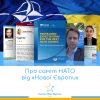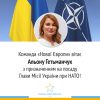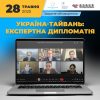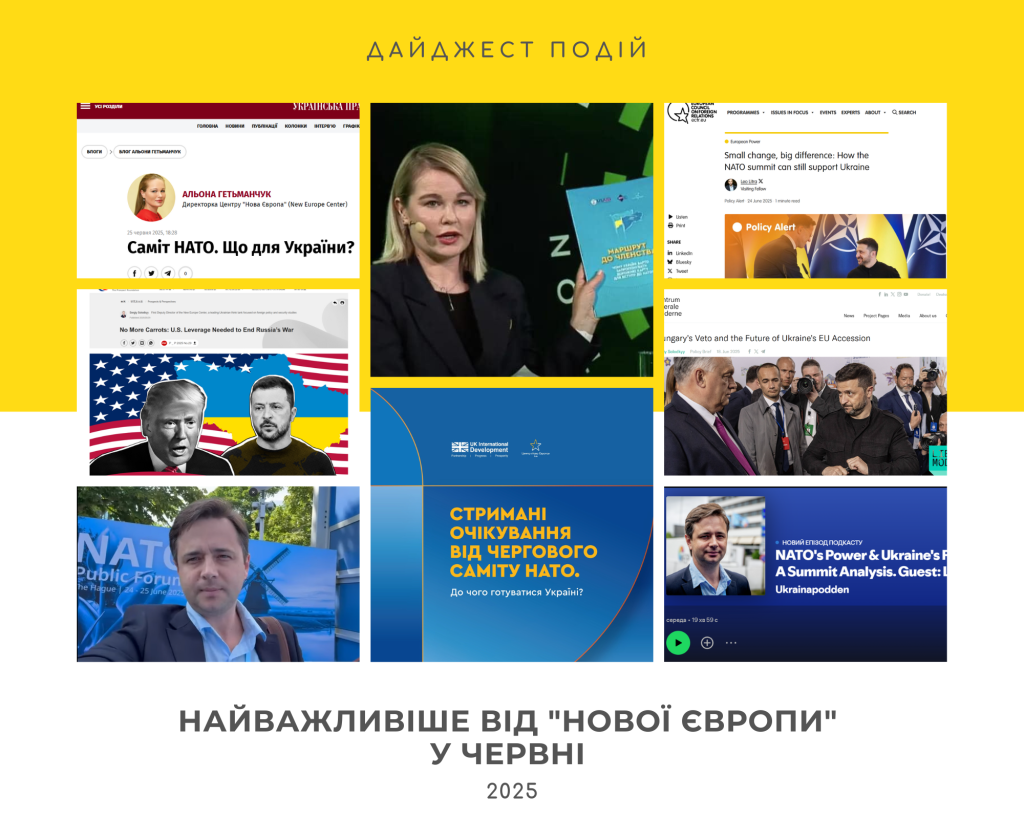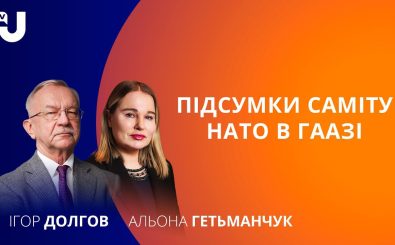We bring to your attention the key messages of the speakers during the discussion panel #1. Lessons (un)learned. How the outcome on Russia’s war is seen from Ukraine, Europe and Japan:
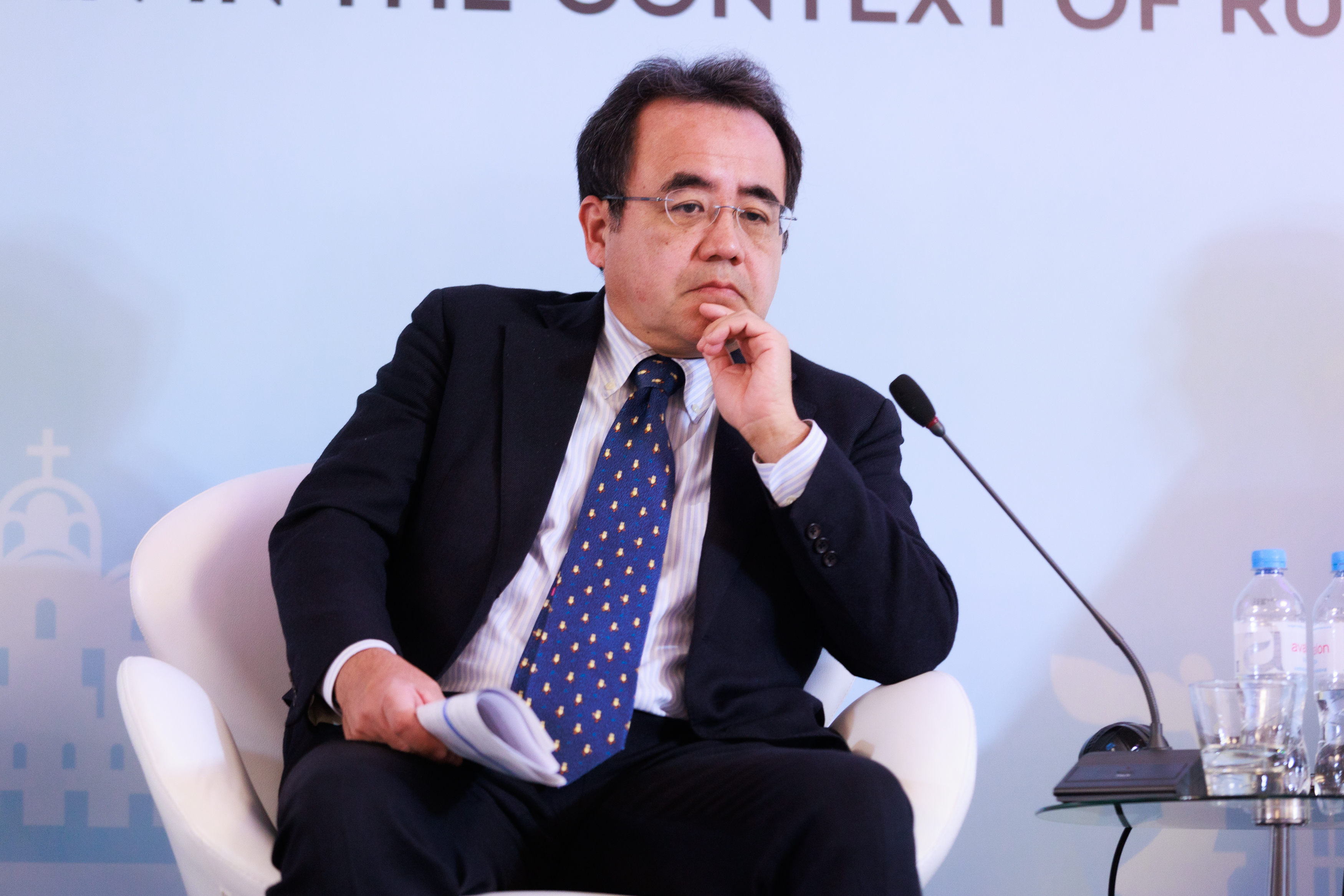
Hideki Matsunaga, Chief Representative, JICA Ukraine Office:
The main lesson for the international community is really the very fact that war is easier to start than to end. And deterrence is very important.
Obviously, the international community has not learned the lessons from 2014, when the war began, giving a lot of signals to the Russian Federation. And, perhaps, they stimulated Russia to move to a full-scale invasion.
Achieving victory, peace and stability in Ukraine is a global public good. But the reality is that in many countries internal issues prevail – the public and the population are guided by internal advantages in the short term and are not ready to pay a price to achieve the global public good. At the same time, it is not noticing the impact of victory on global peace – world peace. That is, this is a kind of internal struggle that every country is now facing. This is partly due to the failure of the international community’s involvement in warfare, especially in Iraq and Afghanistan.
Speed is very important in global support. Now we are not talking about military aid from Japan. The goal is to restore and rebuild during the war in order to improve the lives of the Ukrainian people here and provide a framework for those who left to return.
Comparing successes and failures over the past two decades, defeats prevail. Therefore, many countries refrain from appropriate support. However, looking at history, the international community was able to succeed, especially after World War II in Europe and Japan. Ukraine should be the next successful example to demonstrate to the world that victory, restoration and reconstruction are an investment in the future.
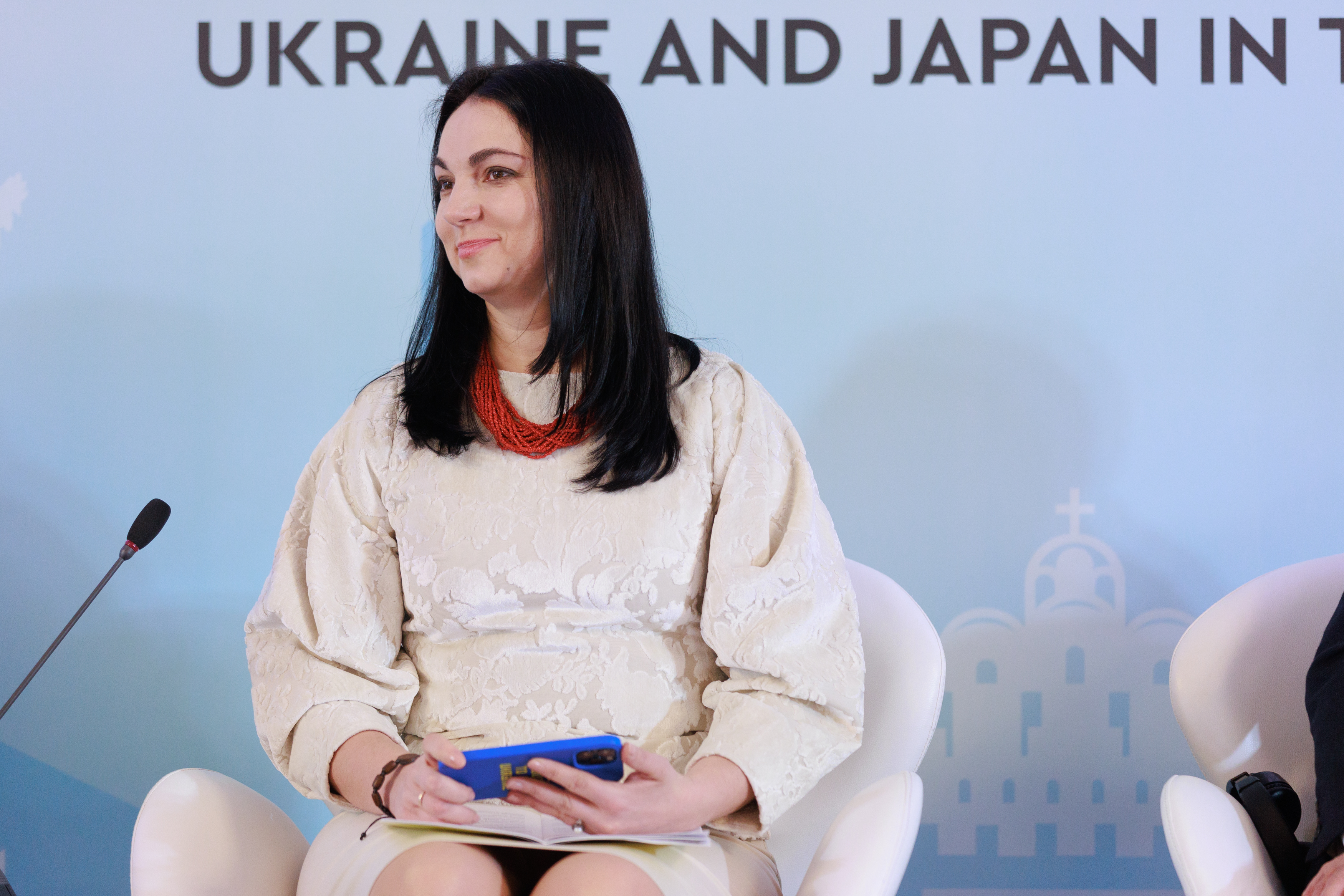
Hanna Hopko, Chair of the Board, ANTS NGO’s Network, Former Head of the Foreign Affairs Committee at Ukrainian Parliament:
Ten years ago, in the resolution of the European Parliament, it was impossible to see a mention of the de-imperialization and decolonization of Russia. It is now the official language of the European Parliament.
The International Center of Ukrainian Victory (ICUV) prepared a study of possible scenarios for the war end by analyzing the last 200 years. It turned out that the Russian Empire, and then the USSR, and now the Russian Federation have started more than 50 wars during this period. That`s why, the de-imperialization of Russia, its transformation into a democratic country, is possible only if Ukraine wins.
The Ukrainian parliament continues the practice of 2019 in appealing on its own behalf to international organizations (NATO, UN etc.) to condemn the persecution of indigenous people living in the territory of the Russian Federation (especially the Volga region – Tatarstan, Bashkortostan). Now they are forcibly involved in Russia’s genocidal war against Ukraine.
It is important to punish the aggressor and create an international tribunal in order to achieve sustainable peace in the future. And one of the strategic goals of sustainable peace is the confiscation of Russian assets and the payment of further reparations.
It is important to learn lessons after eight years of peaceful settlement. Because this approach failed and everything ended in genocide – Russia commits crimes against humanity, ecocide, forced deportation of Ukrainian children, there were waves of migrations. All attempts at the current settlement, all statements from China, Turkey, and the Vatican are about appeasing the aggressor or negotiating peace.
10 years ago, only Russia invaded Ukraine. Now it’s Russia, China, North Korea, Iran, Belarus are fighting against Ukraine, fighting against NATO, fighting against global democracy. This is not just Russia’s war against Ukraine. This is Russia and all these countries have already created a coalition of tyranny. It is very important to understand that only the victory of Ukraine is a way to achieve sustainable peace.
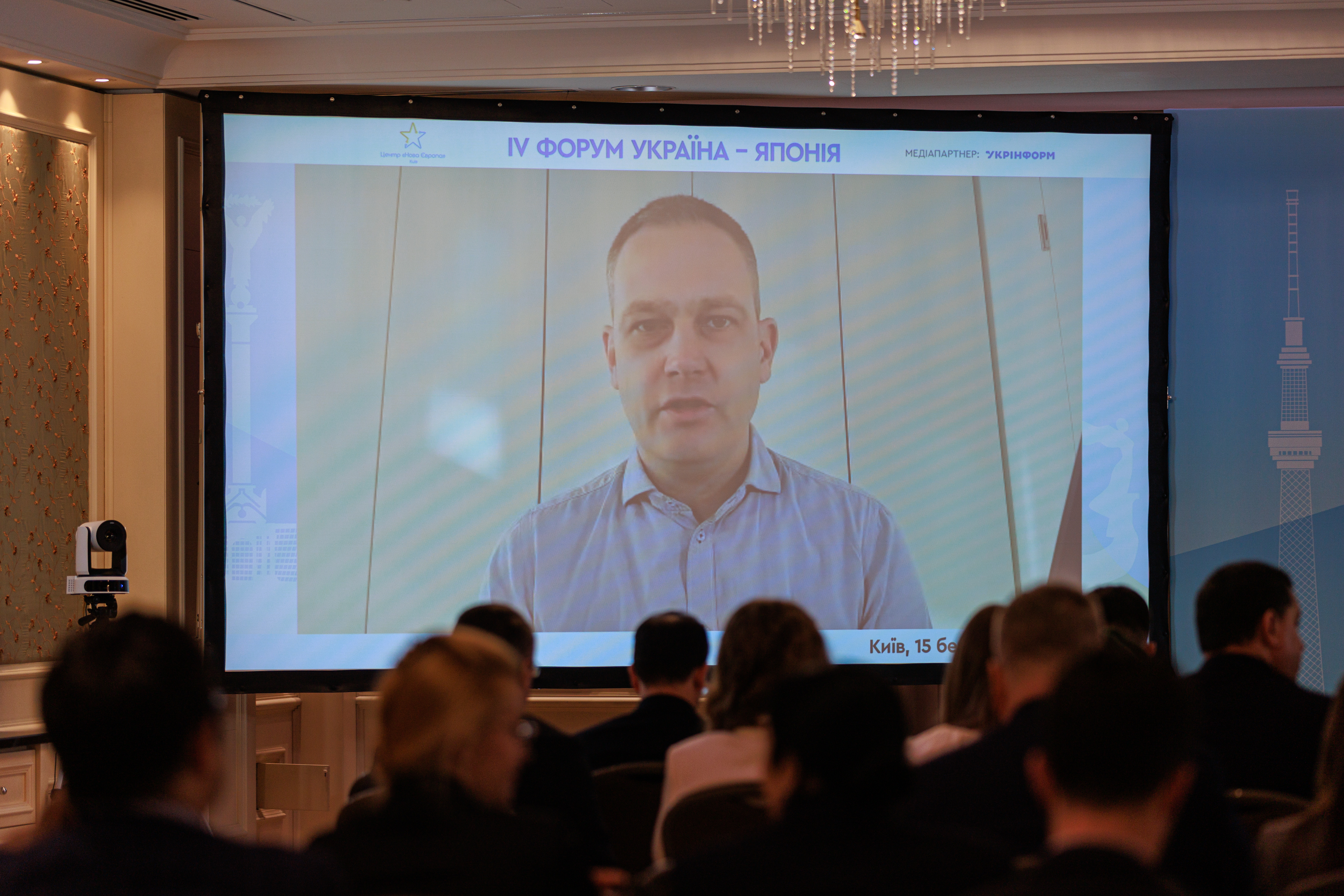
Gustav Gressel, Senior Analyst, European Council on Foreign Relations (ECFR):
European militaries are learning a lot from the war and from Ukraine’s conduct of the war because we see a lot of creative and special applications or way Ukraine fights this war. Structurally Ukraine had bigger weaknesses in many sectors where European armies considered themselves weak compared to Russia and of course they pay very close attention to how Ukraine tries to fill the gap with very creative use of limited resources and we are taking notes. But as far as political learning is concerned, this process is very uneven and late.
This is the first industrial war in the 21st century. We are faced with the confrontation of industrial nations in the 21st century. This experience is very different from what it was in the previous thirty years.
Training your own army, the need for operational plans, training, willingness to work with the army that is, and not the one that is planned to be created. You have to be able to fight. European armies, they especially rejoice in the ability to plan and work as painted in the White Paper, and not as in a real situation.
Another lesson is that old weapons also kill well. Often in such cases, modernization and integration are required. In order to restore the effectiveness of old weapons. But you can also take advantage of the commercialization of the sphere of military weapons.
Another lesson is the stability of industrial capacity. This applies to the European defense industry. How not to stop supporting Ukraine in the war? How to provide it with spare parts so that it can continue the war against Russia?
The next lesson is that big wars are about industrial sustainability. This is the most painful lesson, because the European defense industry does not have time when it comes to keeping Ukraine in the war. Another thing is the level of maintenance. Interesting discussion is about Panzerhaubitze 2000 and CISAR. Panzerhaubitze has better features. But CISAR can be easily maintained, the system works most of the time, it can be served by many people who have a basic level of skills. That is, a system that works has much more combat value than a system that is very brilliant at a defensive exhibition, but not working in battle.
There is a change in the very concept of “war.” It’s about the combined forces, where this discussion is about training Ukraine according to NATO standards. Now, of course, we can talk about what went wrong on the Ukrainian side. There are reasons for this. But the truth for Europeans is that in the Zaporizhzhya region in 2023 there was no Fulda Gap of 1985. And when NATO thinks about a general war against opponents, it is still mentally in 1985 – the procedures, the way of thinking in war is fighting the red army in the inner German border. It no longer works in the 21st century.
Another type of great lesson that is likely to become decisive over the next year and a half is the integration of artificial intelligence and large-scale computing with electronic intelligence. The West needs to provide Ukraine with means to counter such intelligence.
It is better to conduct military support for Ukraine and get the maximum effect from trust in European defense and NATO defense instead of hiding behind bureaucratic obstacles or political caution.
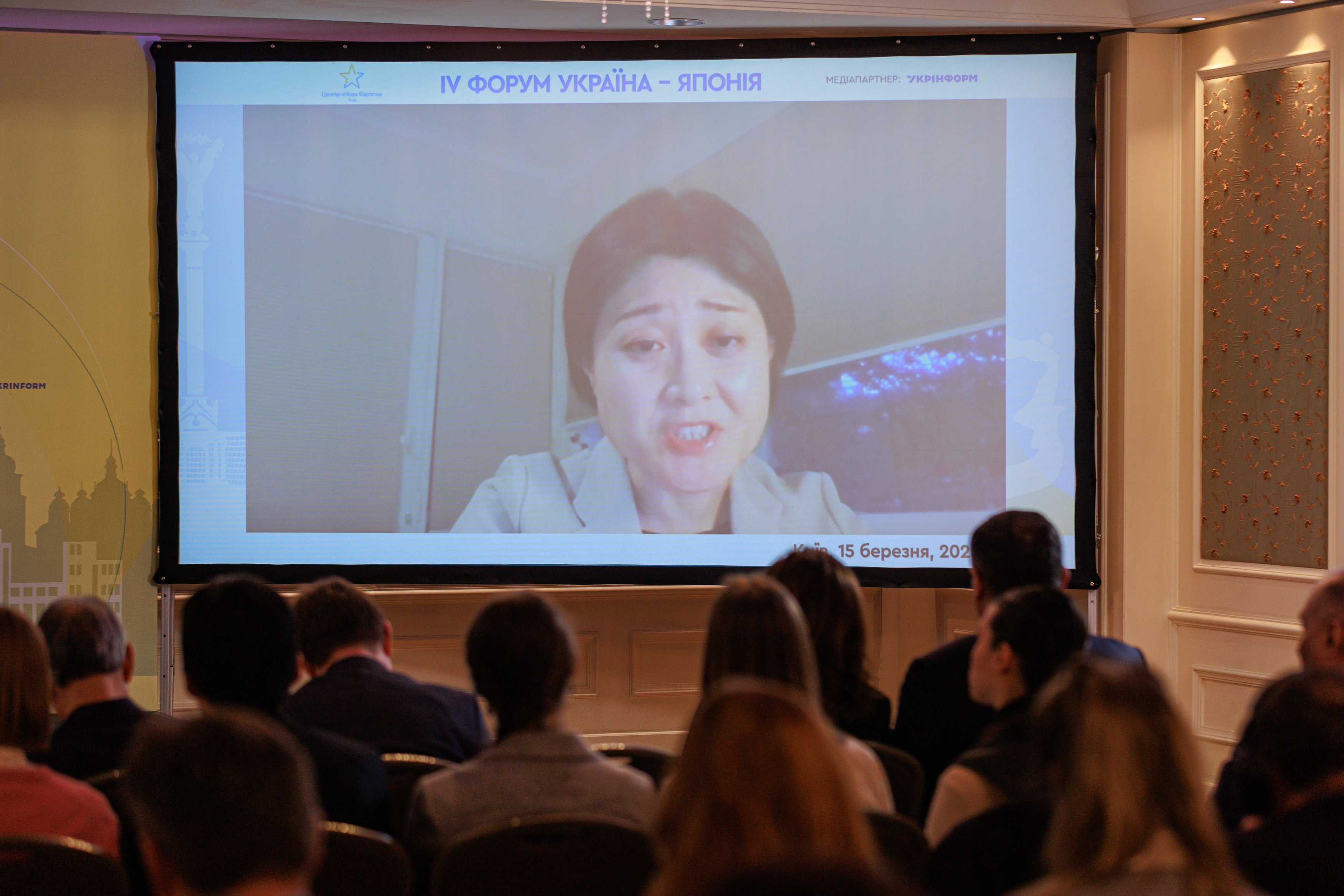
Atsuko Higashino, Associate Professor, University of Tsukuba:
Japan is a very big country. Now they see a mixed picture of the world because of what they have already learned and what they could not find out. Therefore, there is no collective, identical representation of the lessons learned from this war.
The Japanese forget the lessons that have already passed and which they should have learned for themselves, still being in the process of learning. Therefore, there is a need to confirm for yourself and talk again and again about some very, very important previously learned moments of lessons.
The lesson that the Japanese learned during the war is that Russia is not a worthy participant in the negotiations, so confidence in Russia has disappeared.
However, the ceasefire argument is currently very active in Japan, including, when it comes to a compromise on the part of Ukraine. For example, to give 20% of the territory. Or just to stop the war so that there is no more war between Russia and Ukraine. As long as such discussions exist, it is impossible to really say that the lesson from the Ukrainian people has been learned.
Every person who watches this war continues to say that such a ceasefire does not mean peace. This is what you need to tell other audiences and many people who still have this idea that it can help.
It is necessary to help any country that has become a victim of Russian aggression or may become one. Even starting with a small volume is necessary. And in this case, assistance should come immediately, so that in the future, as in the case of Ukraine, lay the foundations for turning this all into a large, large-scale assistance.
Japanese sanctions are still quite similar to those of other countries, including the EU. There is a very important exception at the moment. There was signed the thirteenth package, which contains sanctions and third countries, including India, Mainland China and so on. It is important because it expands the territory of application of sanctions. However, Japan in the near future will not join the sanctions of third countries. Because for Japan is very difficult to learn this lesson to change the policy of future sanctions, which includes not only Russia, but also all countries that help it.
The claim that Japan is tired of supporting Ukraine has no arguments. At the same time, it’s hard to fight this narrative. Because it seems that it is very, very difficult for those who support Ukraine, but this is not fatigue from helping Ukraine.
Japan helps Ukraine in the economy, in the recovery. But its greatest need is air defense systems. It is necessary to convince the Japanese that the provision of air defense is not the provision of weapons for killing, but weapons to protect people’s lives. This issue is very urgent and critically important.
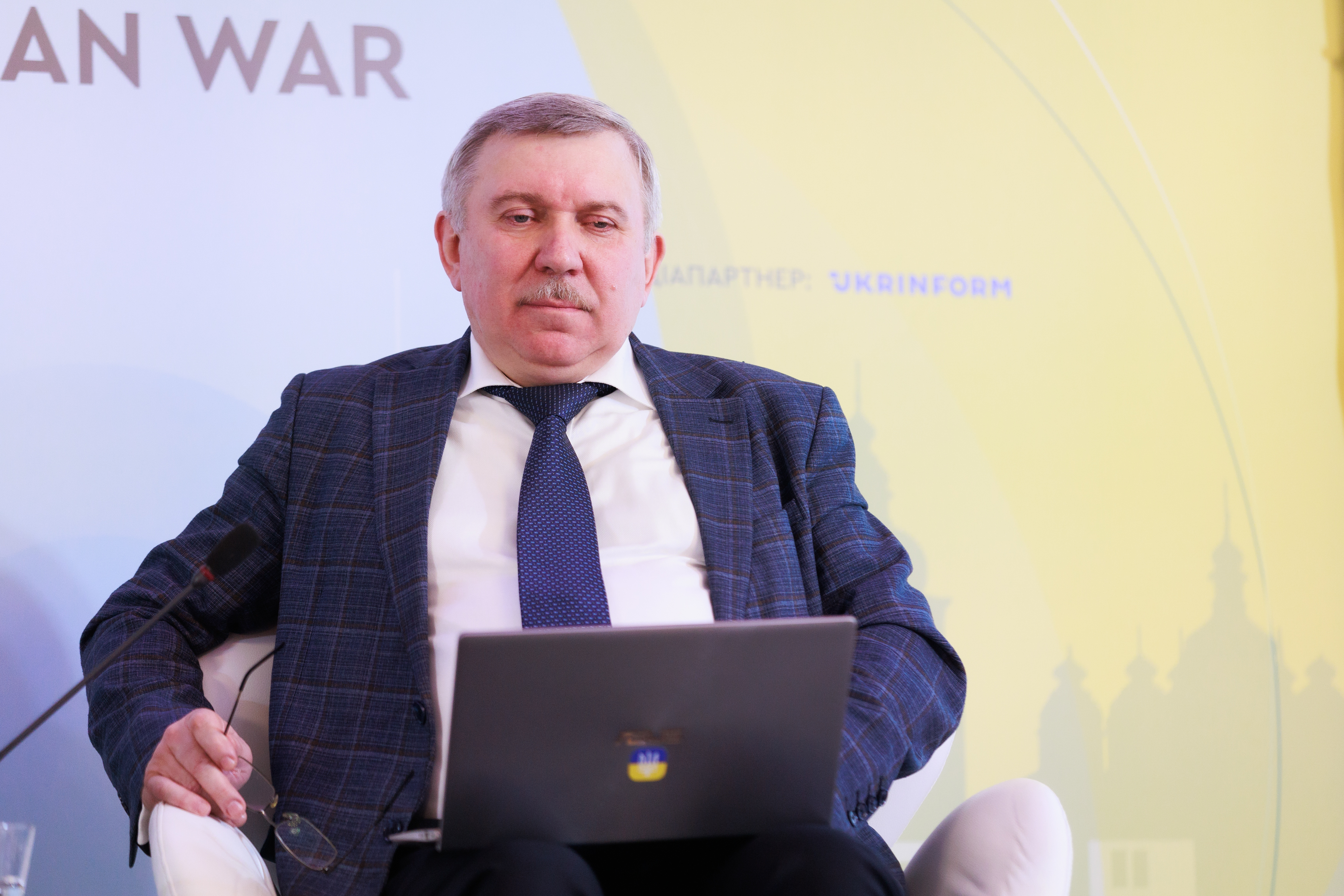
Mykhailo Gonchar, President, Centre for Global Studies “Strategy XXI”
The anti-escalation model of behavior of NATO and the G7 has become a green light for the aggressor. Unfortunately, in some partners of Ukraine, this model of behavior remains working. The exception now is France. This is a multiple repetition of the consequences for the aggressor, while these consequences remain only on paper.
One of the most effective measures to counter aggression is decisive action. Ukraine’s strategic partner, the United States, once demonstrated such decisive actions in the Syrian case (we are talking about the destruction of the Wagner unit by the American unit in 2018). Interestingly, Russia did not react. Nothing happened. Because they got pushback and changed the pattern of behavior.
An important lesson from the Ukrainian experience is the successful destruction of the aggressor in the Black Sea. The Black Sea experience of Ukraine is important for East Asia, because in case of possible hostilities, they will be primarily air and sea.
In East Asia formed a coalition of resolute led by Japan. There is no other choice there.
The main and still not learned lesson is that the war in Ukraine is perceived as a war in Ukraine. It is somewhere in the East and maybe not even Europe. The Baltic states immediately realized that the war in Ukraine is a war in Europe in 2014, ten years ago. In France, too, there was a rethinking. We also have progress in Brussels. Now they talk about the war on the doorstep of Europe. This is no longer a war in the East; it is a war on the threshold of Europe. Accordingly, there is progress.
Another undeveloped lesson is that the aggressor is not going to stop. Who will be next? Moldova, Georgia, Kazakhstan, Baltic states or Norway? The horde does not stop, it moves constantly. It is important that the aggressor must be stopped by tough actions. But in order to prevent a hot scenario, tough economic opposition is needed. If the sanctions packages of 22-23 years were introduced in 2014-2015, it can be assumed with a high degree of probability that the 22nd year would not have happened.
Ukraine’s victory in Europe means China’s most effective warning against its expansionist plans in Asia. It is unlikely that China will resort to outright military actions in the near future. But he takes economic power. And, in fact, here he already has undeniable success. That is, the “crocodile feeding” continues. Just as they fed Russia and raised a crocodile. Therefore, it is necessary to revise approaches.
It is important to act decisively. When in Europe, in East Asia, coalitions of resolute ones are formed, they must turn from rhetorical correct declarations into concrete actions.
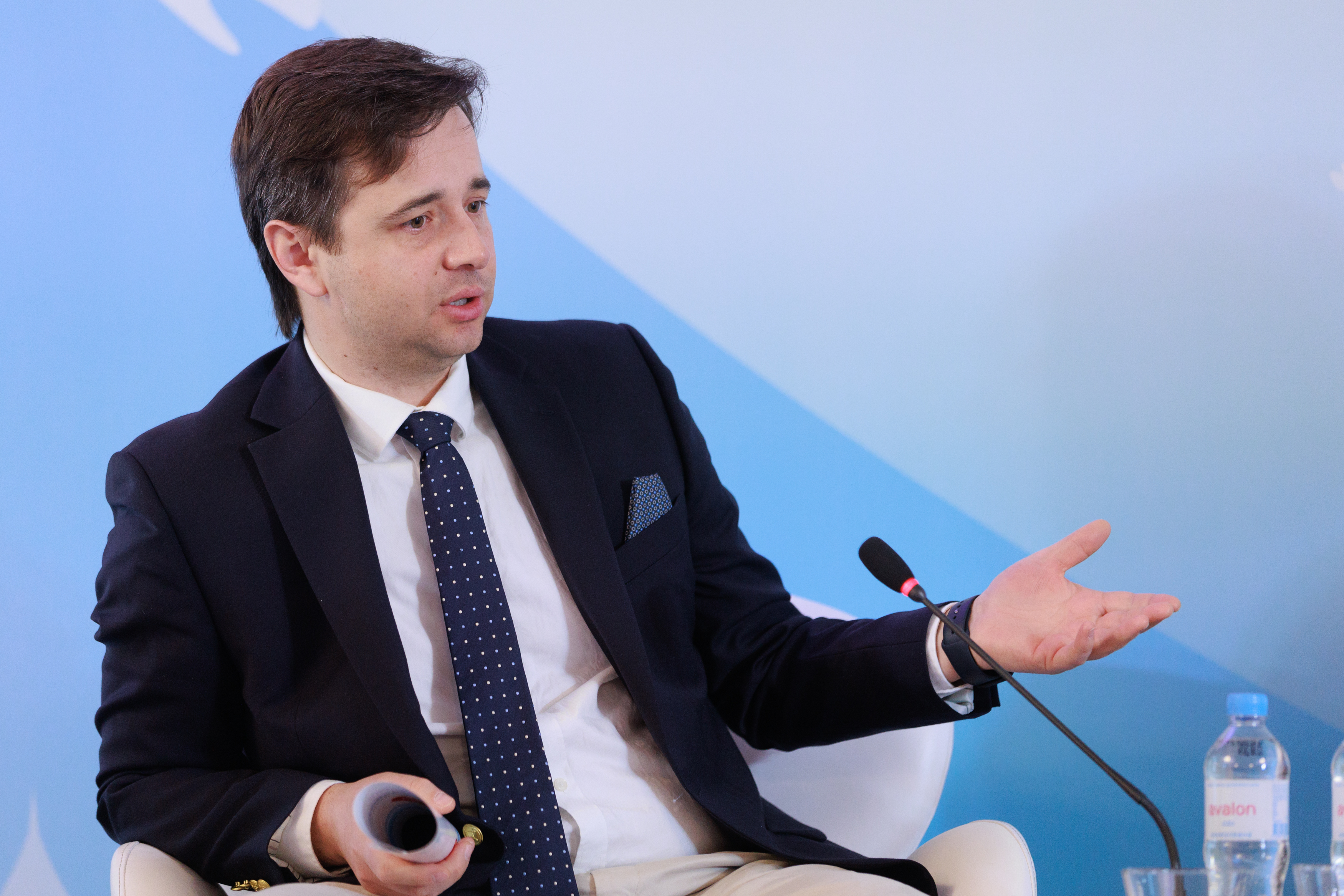
Moderator: Leo Litra, Senior Research Fellow, New Europe Center:
Autocracies have already mobilized and countries such as Iran, Bivni Korea, are helping Russia fight Ukraine.
The key question now is whether European countries are moving to scale up production, because if they could do it, now it would be much easier in terms of organizing supplies.
Regarding the ideas of peacekeeping missions and negotiations, it should be recalled that Ukraine in the “Minsk processes” held about 200 rounds of negotiations, there were 20 agreements on ceasefire, and all were violated.
The end justifies the means. If there is a goal – the victory of Ukraine – then there will be means for this to happen.
The only lesson that can be summed up is that Ukraine must win this war. When this happens, it will mean that all other lessons have been learned.
More about Forum and speakers` messages is here.
Video recording of the Forum is available in Ukrainian and in English.
Mediapartner – Ukrinform.



